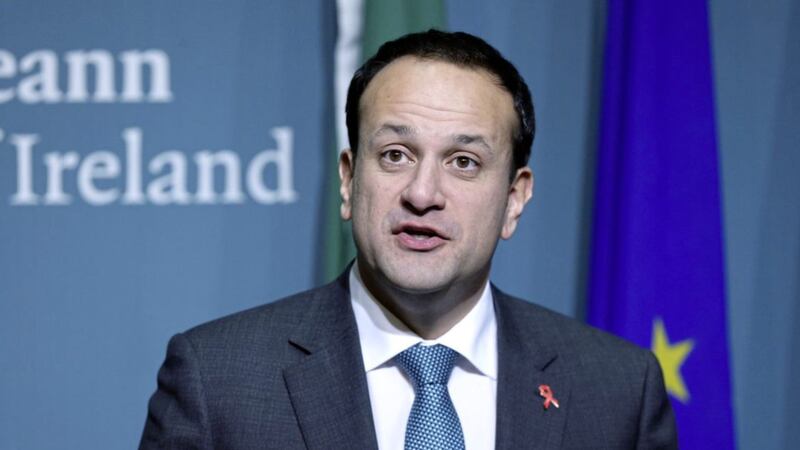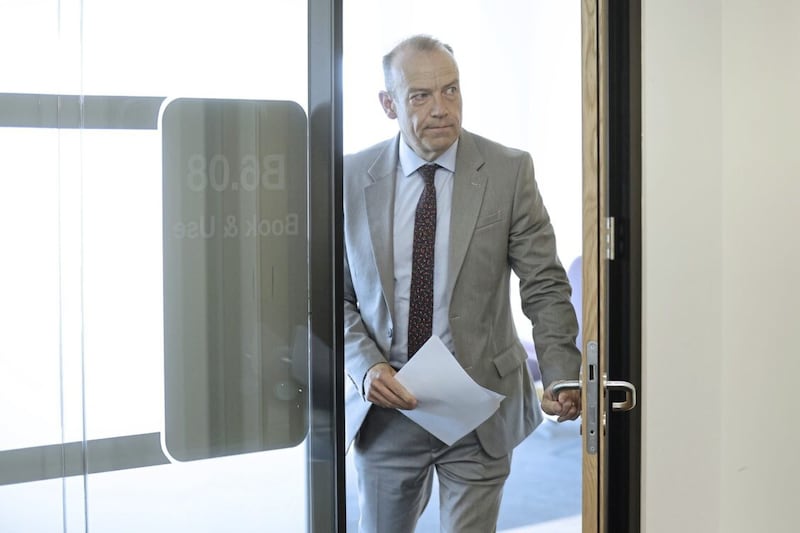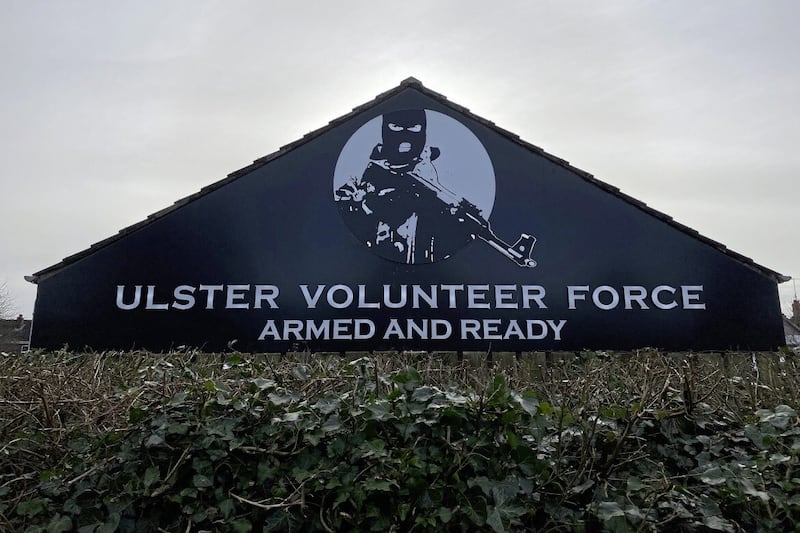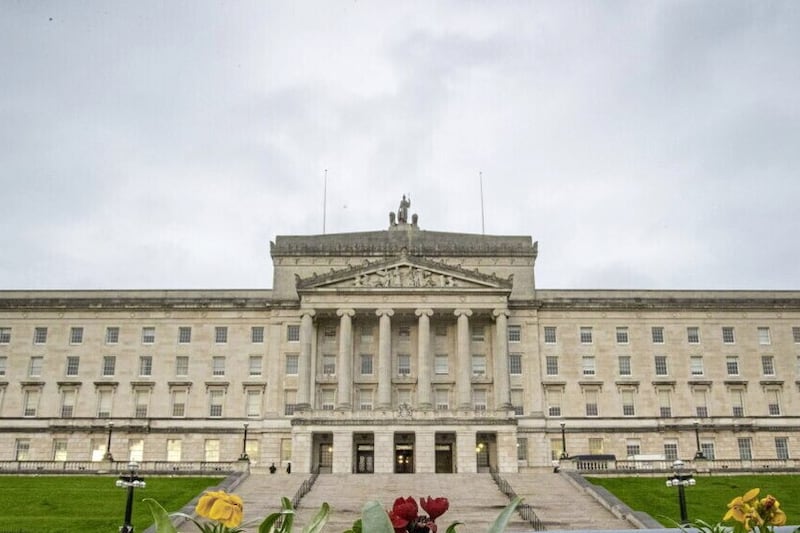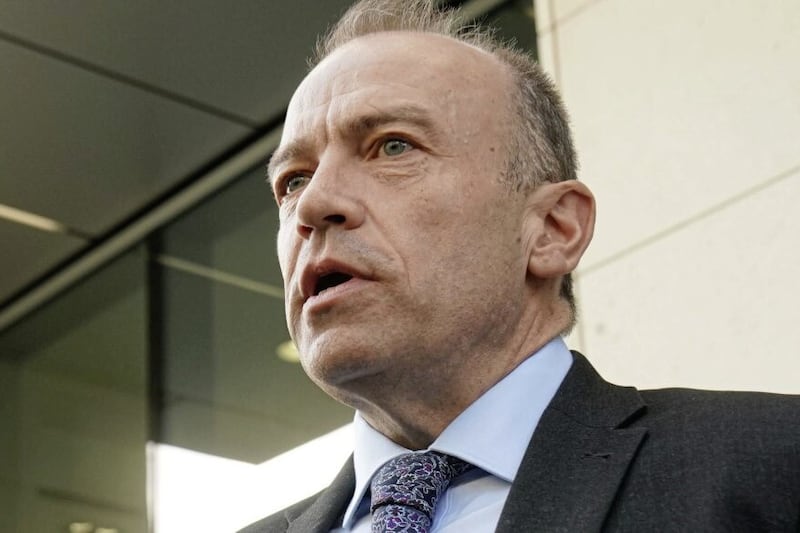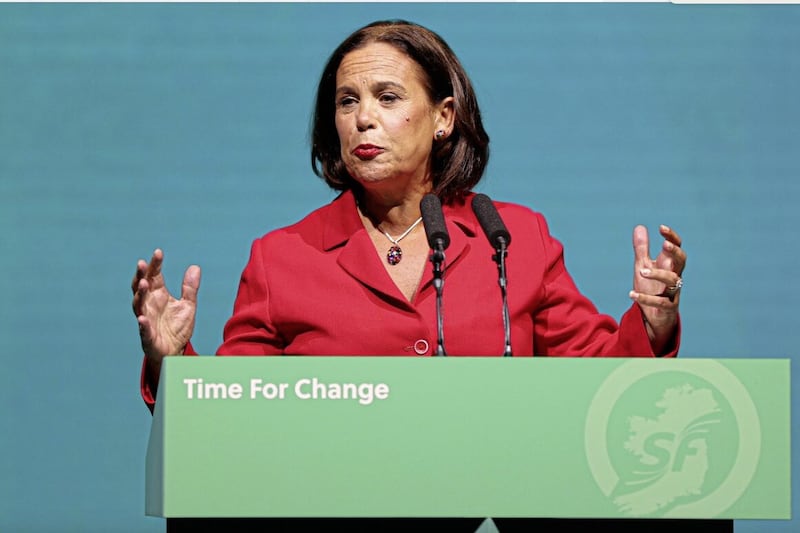THE Dublin government would expect to have "real and meaningful involvement" in Northern Ireland if efforts to restore Stormont power-sharing fail, the taoiseach has said.
Leo Varadkar said he would not support a return to straight direct rule from Westminster if time is called on negotiations to re-establish a devolved executive in Belfast.
Mr Varadkar said he would make a fresh bid to help forge a deal in January, but insisted the only two options if talks fail would be to call another assembly election or convene the British-Irish Inter-Governmental Conference (BIIGC).
The Fine Gael leader said he would seek the latter, suggesting little would be gained from another snap election.
The bilateral body, a construct of the 1998 Good Friday Agreement, brings together ministers from the Republic and Britain to encourage cooperation on matters of mutual interest in the north. It last met in 2007.
The prospect of it being reconvened has whipped up a political row over the extent of influence Ireland might exert.
Unionists have been angered by the suggestion the BIIGC could hand Dublin a substantive role in the internal affairs of Northern Ireland.
They insist the British government would be in sole charge of the region in the absence of a devolved executive and the conference would only offer a consultative role for the Republic.
DUP leader Arlene Foster has dismissed the BIIGC as a "talking shop".
Mr Varadkar said he would not characterise the Republic's potential role as a form of "joint rule", acknowledging legislative authority rested with Westminster, but he said his government should have significant involvement.
"Essentially the Good Friday Agreement provides for matters that are not devolved to be dealt with by the British-Irish governmental conference and that's what we will seek," he said.
"We won't be supporting direct rule. We didn't support direct rule.
"So the alternative to the assembly and the executive being up and running is either a) an election or b) convening the British-Irish governmental conference, and that's what we'll seek, and I should point out that is what the Good Friday Agreement says.
"So all we'd be seeking is the implementation of the Good Friday Agreement which, as you know, is an international agreement between two governments endorsed by referendum in both parts of the island."
Asked if he envisaged a form of joint rule, the taoiseach said: "I wouldn't use the term joint rule, because that's not the term used in the Good Friday Agreement.
"The Good Friday Agreement speaks of a British-Irish governmental conference which is not joint rule because obviously the legislative powers remain at Westminster, but it does involve real and meaningful involvement of the Irish government."
Mr Varadkar said he and his deputy Simon Coveney hope to meet Stormont's political leaders next month as part of efforts to resolve the power-sharing crisis that has left the north without a properly functioning administration for almost a year.
